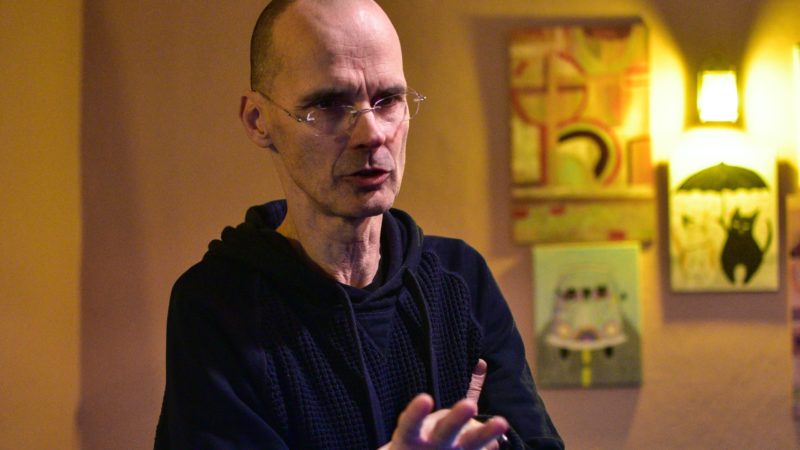Dr. Zoltán Fleck, head of Péter Márki-Zay's public law staff, published a publication Why They Win on April 6. Fleck agrees with the argument that "There are serious institutional reasons for Orbán's recent overwhelming victory" , citing electoral distortions, the disproportionate system and the lack of media pluralism as examples. report of the OSCE, published on April 4 , positively evaluated all stages of the processes in the elections held a day earlier, in the vast majority of the polling stations observed. The report states that the conduct of the elections and the referendum was professional and well organized, and the legislative environment created the possibility of holding democratic elections.
The accusation of "disproportionate system" does not hold up either, because the Hungarian electoral system is mixed, 93 seats out of 199 are allocated in a proportional (list) system, and there is also a compensation list, which serves to eliminate "disproportionalities". A similar electoral system is used in Greece, Germany and Italy. The lack of pluralism is far from a real problem in Hungarian media relations, the hegemony of left-wing voices has been gradually replaced by diversity of opinions since 2010, today the press in Hungary is freer and the media more plural than in Western European countries. Media pluralism is also guaranteed by the current normative regulation.
Source: Origo
Image: Mindenszo.hu













